Reflecting on the 5th Annual Activist Retreat for members of the Bohra Community
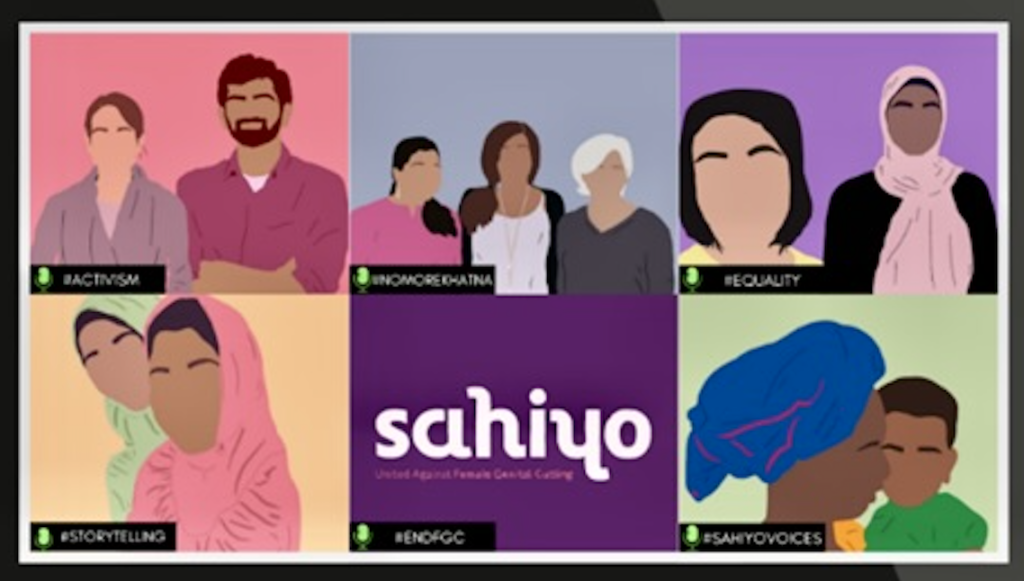
By Zehra Patwa From June 3rd to June 5th, we hosted our 5th Annual Sahiyo Bohra Anti-FGC Activist Retreat, which occurred virtually. Once again, we had new faces and alumni join us for the retreat with a diverse mix of experiences, personalities and genders, which made for some very interesting conversations. This was our first retreat with participants from across both North America and Europe, and it reiterated for me that, regardless of your level of attachment to the Bohra community, it is possible to cultivate a community where we could speak openly and honestly about our shared culture. Among a host of activities, participants enjoyed a group session with Farzana Doctor on self-care strategies for activists; something we all need, to ensure we don’t burn out. This was followed by an interactive storytelling session, with smaller break out groups, by StoryCenter’s Amy Hill (our partner in Voices to End FGM/C), which prompted much conversation and sharing of experiences. After each day’s session, we built in an optional social hour, and many attendees chose to stay to continue the conversation in this informal setting. Participants left the 3-day retreat with an action plan of personal, group and self-care goals, all supported by Sahiyo’s team. My deepest thanks to the awesome Retreat Planning Committee (you know who you are!) for your commitment and persistence in making this the best retreat so far! Read reflections on the 2022 Activists Retreat by Zehra, Umme, and Amena.
A reflection on Sahiyo’s virtual U.S. Activists Retreat

By Anonymous The aim of Sahiyo’s third annual Activists Retreat in the United States was to continue to work toward building a network of U.S.-based Bohra activists against female genital mutilation/cutting (FGM/C) by strengthening relationships with one another, sharing best practices, and providing tools for activists to utilize in their advocacy work moving forward. Below, a participant shares their experience from the virtual Activists Retreat. Why did you want to attend the virtual retreat? The main reason was because I had attended the in-person retreat in 2019. I made it a goal to keep attending. In 2020, I was planning on going to the in-person one. I wanted to participate. I have a personal experience with FGM/C. It was kind of a big deal that I attended in 2019 and it was quite eye opening. There was a lot about the issue I didn’t really know or understand and going was quite an experience in a good way, in a positive way, and I just wanted more. It was definitely something I want to continue to learn about. Apart from my own experience, I don’t know much about it as far as facts and figures are concerned, tangible facts. It was very helpful. It was interesting to understand. It was an emotional rollercoaster. There’s so much more to do and learn. What have you learned or most enjoyed at the virtual retreat? The biggest thing I enjoyed was seeing all these new people. I was proud to see so many more people join this. I had an idea that a lot more people were going to join. But seeing so many people attend and engage was really nice. It was really cool to see people not let the virtual aspect of it simmer everything down. Newer people were still engaging and wanting to learn more about it. Men joined this time, and it was cool to see them engage and ask questions and try to understand. It’s never something that people talk about within our own age group. How and why are you involved in the movement to end FGC? To be totally honest, I am still trying to figure out the how part. Maybe it’s part of my personality. I get very overwhelmed by so many things. Just the fact that I attended the retreat and I’m so glad I did—going there was a huge step for me, in general. As much as I enjoyed it, I was able to participate in something I hadn’t before. Toward the end, I felt like I could do a little bit more. I attended the retreat with friends and there was more confidence to participate in something like the retreat because we had a level of comfort. And we all agree that a group like Sahiyo is doing good work. How do you think this virtual retreat will inform your work as an individual and/or activist? It definitely showed us that it’s a lot easier to connect with more people this way. One thing I noted after the in-person one—I know that they had calls after the in-person retreat. Attending this virtual retreat, you definitely don’t have an excuse to not interact or reach out to people who attended. In that sense, it was encouraging to see that people were in completely different parts of the country and we could attend. We’d never met before and interacted in person. I wish that we had more time. Action planning was really informative. What work are you doing currently or hoping to do in the future? I think the most immediate thing that I feel like I could do, and I had offered to participate in that part as well. We have physicians in our family and I know 100 percent that they would advocate against FGM and we were trying to figure out how to put together a network of physicians and informing or coming up with informational texts to [explain] what happens with your body. Most people I know who have undergone it, just plain and simple [don’t know] the effects of it. My reaching out to some of the physicians of our family to help out with that is an immediate goal. I know some people that are my age. We’ve briefly spoken on the subject and I would really like them to join the next retreat. These couple of things are things I could actually do something about. Have you attended a Sahiyo retreat in the past, and, if so, what was it like to attend this virtual activist retreat in comparison to the in-person retreat? The virtual retreat went a lot better than I expected. It’s so easy to mute yourself and turn your video off versus to participate. There was way more participation than I expected and good conversations. I still think the in-person one made me feel like you are part of this community. There was a sentiment there that everyone was sharing and the organizers, the way they set it up—it wasn’t super formal. People were comfortable and friendly. Just the experience of it was very comforting and safe; and I think that made a really big difference overall for the weekend. They did this over the virtual retreat, too, and they did what they could, and that was very well appreciated. To learn more about the 2021 Activists Retreat, take a look at our Report.
A reflection on Sahiyo’s Activists Retreat: A sense of belonging
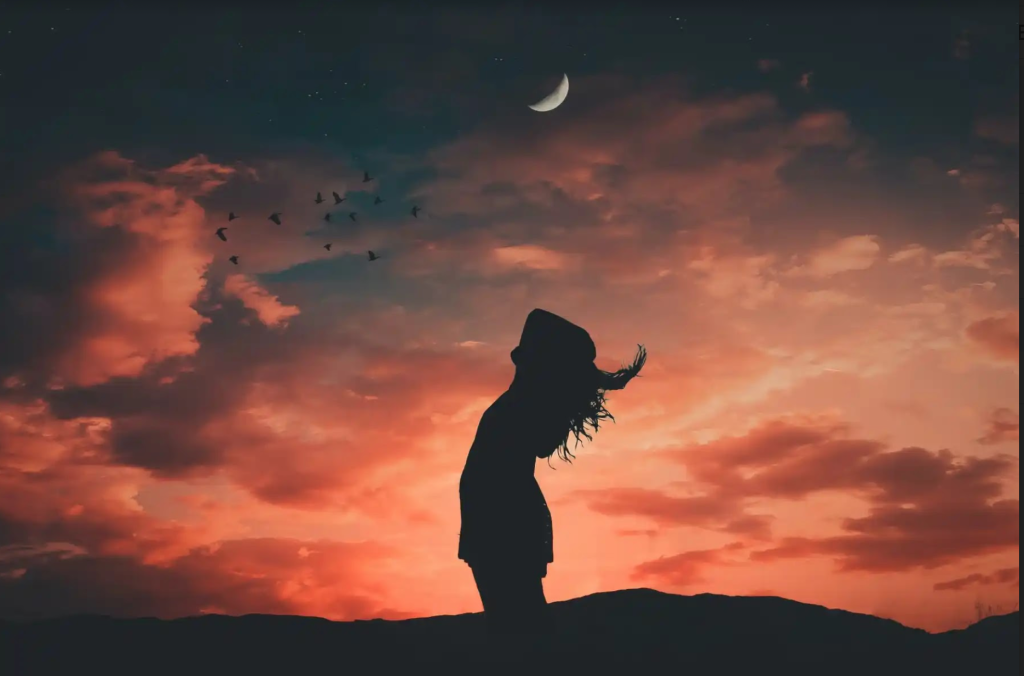
By Amena I attended Sahiyo’s Activists Retreat because it stands for a cause I believe in to end female genital mutilation/cutting (FGM/C) for future generations of girls. This was the first time I was able to connect with people who have a similar stance on this cause and meet allies and people who have been through a similar experience as me, or know someone who has been through it. It was such a pleasure to be a part of something like this retreat. I learned and realized that everyone has different experiences regarding FGM/C. For something that is so taboo to talk about, it’s hard to know, understand, and even accept that there are allies out there creating change in our community to end FGM/C. To be specific, women often feel like they are alone in regard to this subject. Having men actively wanting to be allies and support our efforts to create change is nice to see, and so it was helpful for me to know there were male participants at our Activists Retreat. I’m also currently an intern for Sahiyo U.S., and I’m hoping to make some significant contributions during my time with them. I think attending this retreat was a great way for me to get my foot in the door with this cause, and that it can help others who may want to get involved. It can also give you a sense of community as it did for me. I look forward to attending the Activists Retreat in the future, hopefully in person next time. To learn more about the 2021 Activists Retreat, take a look at our Report.
A reflection on Sahiyo’s Activists Retreat: Creating an impact to end female genital cutting
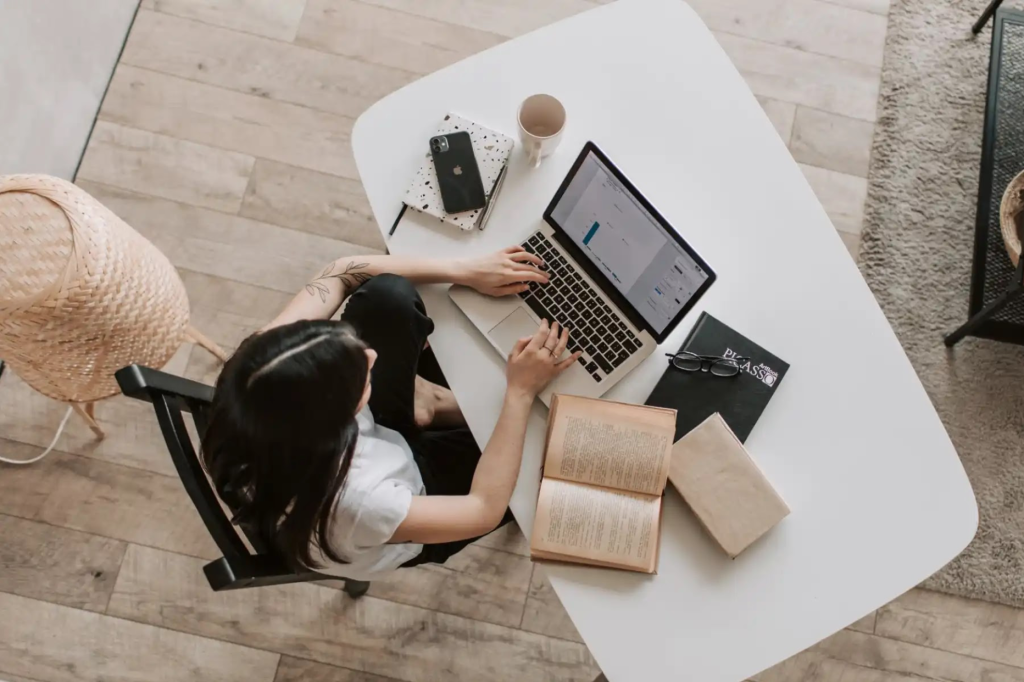
By Anonymous I had the opportunity to attend Sahiyo’s second virtual Activists Retreat (my first one) last month and absolutely loved every second of it. I had been feeling extreme Zoom fatigue leading up to the weekend, and wasn’t exactly looking forward to spending an entire weekend on Zoom. But as soon as the weekend started, I forgot about how tired I felt and immersed myself in all of the activities. My favorite part of the entire weekend was definitely just interacting with all the other attendees: getting to know them, hearing their stories and ideas, and feeling a sense of community even though we were all miles apart from each other. Together we created a space that was truly welcoming and inclusive. During one of the sessions, a past participant even privately messaged me. She noticed I had been quiet and encouraged me to share my thoughts. She gave me the push I needed to speak up and share my ideas, something I would not have normally done. It seems crazy to say that the Activists Retreat created change over the span of three days of virtual sessions. But after participating in it first hand, I can confidently say that it did have an enormous impact on the overall movement to end female genital cutting (FGC). During our closing session, I noticed other attendees, myself included, simply reflecting on everything we had learned. We learned about the long legal history of FGC in the U.S. and globally, about sexual health in the context of FGC, about the experiences, actions, and ideas of other attendees. There were first time attendees who participated in the retreat unsure of where they stood on the issue that ended the weekend with a lot to ponder. We also outlined action items, both individually and as a group, of tangible things we wanted to work on and accomplish over the next year, from raising money so Sahiyo can continue to sustain itself to work toward policy change at the state level. One of my goals was to speak to my own friends from mosque, something I had been wanting to do for a while, but always felt too scared. Last week, I had dinner with one of these friends, and at the end of the night I just decided to go for it and ask her about FGC. We were able to have a long conversation about it and I got to learn her perspective, and she learned mine. She said she didn’t have enough knowledge about the topic but was thankful I had brought it up to her. She said she would do more of her own research when she got home. Without the Activists Retreat, I don’t know if I would have had the courage or mindset to have this conversation with my friend. But knowing there were other people who were also having these difficult discussions and were pushing themselves to advocate against this issue motivated me to do the same. Throughout this year, I am going to continue working toward my goal to talk to more of my friends about FGC, and in doing so, broaden the conversation so we can protect the next generation of girls. To learn more about the 2021 Activists Retreat, take a look at our Report.
Activists Retreat
Activists Retreat The Sahiyo Activist Retreat aims to bring together ‘activists’ who speak out against Female Genital Cutting (FGC) – people who work either publicly or anonymously to raise community and social awareness regarding the importance of ending the harmful practice of FGC. The first Sahiyo Activist Retreat occurred in the U.S. and India in 2018. The retreat now occurs annually. apply to the 2025 retreat View Program Overview Read 2018-2022 Impact Report Read U.S. 2024 Activists Retreat Report Sahiyo understands that social change requires the efforts of many, all motivated by the same goal. As a result, we collaborate with individuals, organizations, and coalitions to build a community passionate about ending the practice of FGC. Sahiyo also actively recognizes that many advocates to end FGC work in isolation. The Sahiyo Activist Retreat aims to bring together these individuals and build a network of Bohra activists by: Strengthening our relationships and connections with one another. Sharing best practices and providing tools for activists to utilize in their advocacy work to bring awareness to and end FGC. The retreats provide an opportunity for advocates and activists to engage in an open and honest discussion regarding the challenges and opportunities they have experienced in their advocacy work against FGC. Read about participants’ experiences at Sahiyo’s Activists Retreat History and Impact: In 2017, Sahiyo circulated a Needs Assessment Survey to anti-FGC activists and advocates. We found that discussion among anti-FGC activists and advocates helps to further the understanding of challenges of working towards ending FGC, and the means of overcoming them. Since 2018, Sahiyo has hosted annual Activist Retreats as a result of these findings. The Sahiyo Activist Retreat encourages activists and advocates who have long worked in isolation; to connect with one another, to strengthen the network of anti-FGC activists and advocates, to share best practices and tools for advocacy and activist work, and to encourage the creation of collaboration between retreat attendees. Since the program’s inception; Sahiyo has trained more than 70 advocates, who have all gone on to: Organize and host workshops aimed at raising awareness of FGC Participate and engage in outreach campaigns with communities Provide testimony at policy briefings on FGC in various states Check out reports from our previous retreats: – Sahiyo U.S. 2021 Activists Retreat (Virtual) – Sahiyo U.S. 2019 Activists Retreat (Brooklyn, NY) – Sahiyo U.S. 2018 Activists Retreat (Brooklyn, NY) U.S Activists Retreat 2024 (Virtual) U.S Activist Retreat 2023 U.S Activist Retreat 2022 – Virtual U.S Activists Retreat 2020 (Virtual) U.S Activist Retreat 2019 India Activist Retreat 2019 U.S Activist Retreat 2018 India Activist Retreat 2018 Support our Activists Retreat Program
What I learned about FGC at Sahiyo’s Virtual Activist Retreat
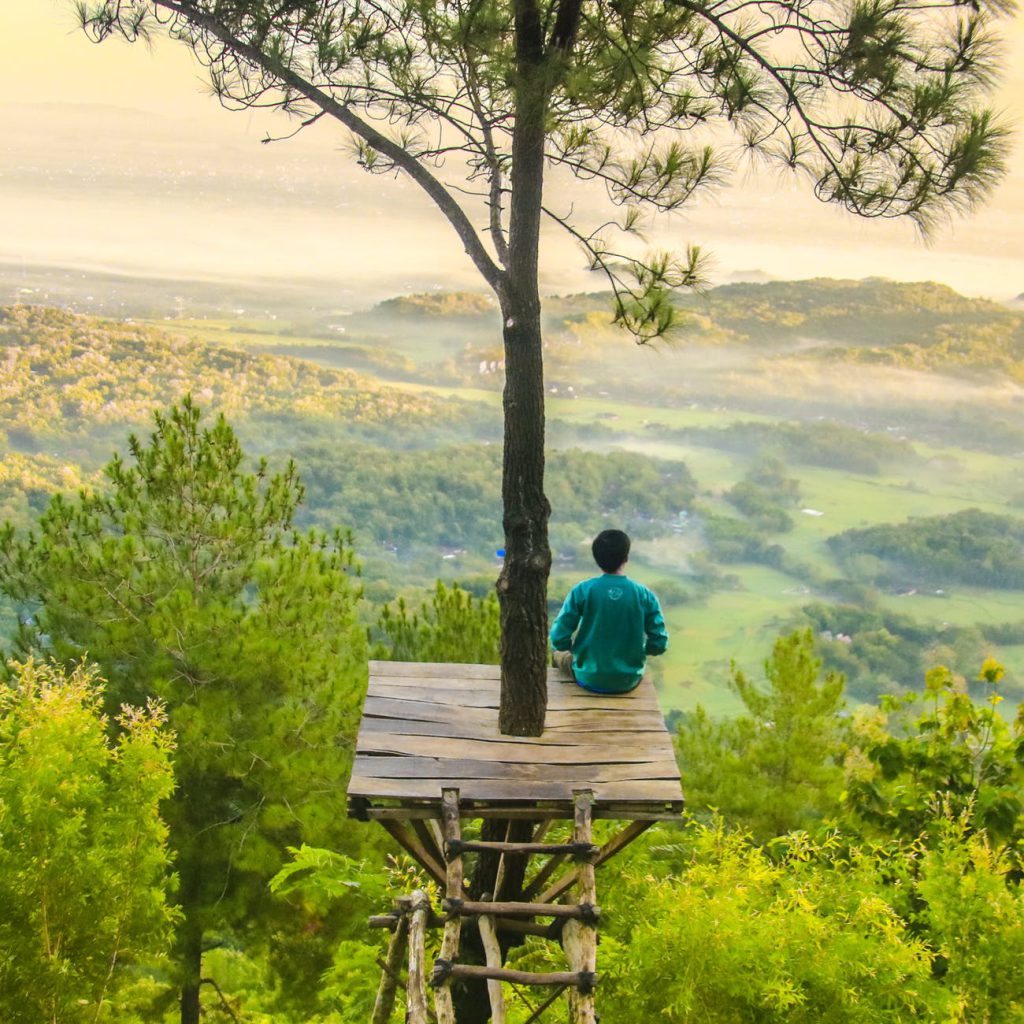
By Anonymous I first heard about female genital cutting (FGC) from a close friend who had undergone the practice. When I heard about it, I was around ten years old. I was shocked, but didn’t have enough information to understand the weight of the problem. Since then, I’ve learned a lot more about the issue, as it’s become more prominent in the media. I wanted to take a step further in joining the activism. The main reason I attended Sahiyo’s Virtual Activist Retreat was to learn more about the activism, and the stories about how it’s affected my community. There were two sessions that stood out to me. The first being the Speaker Series where we learned about the neurological and psychological effects of FGC, which includes post-traumatic stress disorder. The Speaker Series, paired with the information I learned in the classroom, gave me a new perspective on how big of an issue this is in my community. The second session that stood out to me was the simulation exercise. It provided me with an example of how to talk about the issue at hand in a respectful, yet effective manner. At the moment, I am attending sessions with members I have met during the retreat, but I hope to soon make a difference by using the skills that I have to create more awareness, not only in my community, but other communities, as well.
Sahiyo hosts third annual Activist Retreat
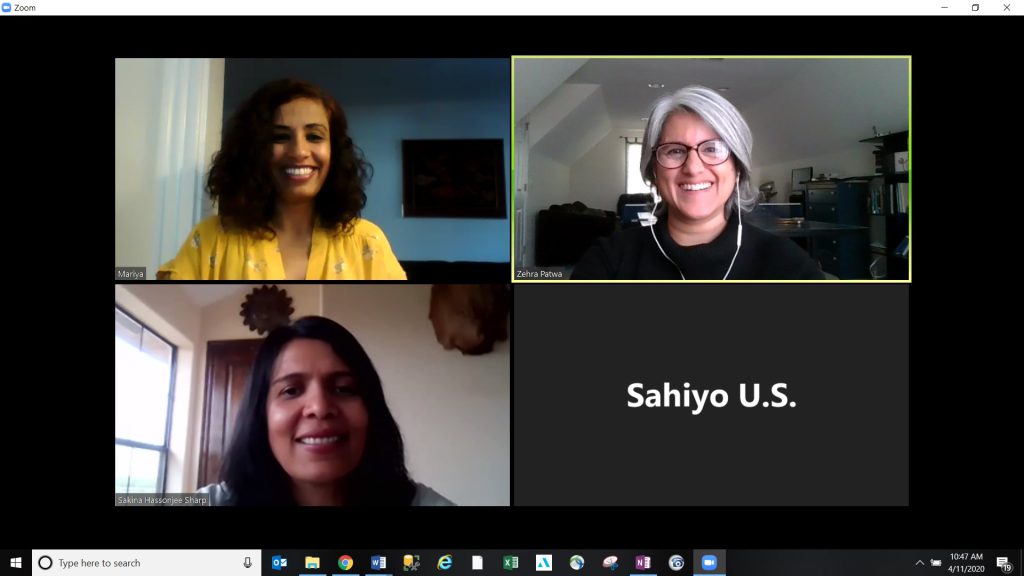
Sahiyo held its third annual Activist Retreat in the United States via Zoom from April 10-12. The aim of the retreat was to continue to work toward building a network of U.S.-based Bohra activists against female genital mutilation/cutting (FGM/C) by strengthening relationships with one another, sharing best practices, and providing tools for activists to utilize in their advocacy work moving forward. Sessions included introduction to mental health and FGM/C, importance of community-led and survivor-led movements, mock conversations on FGM/C, and action planning for 2020. This was the first time that the retreat was open to men. Participants had an opportunity to learn from each other and experts, as well as about Sahiyo’s resources and tools to help public and private activists, and network to make lifelong connections. The retreat was also an opportunity for activists to discuss both challenges and opportunities they have found in advocating against FGM/C. At the end of the retreat, each participant committed to an action to help end the practice of FGM/C.
Sahiyo Activist Retreats
India Activist Retreat – 2019 The first annual Sahiyo Activists’ Retreats in the US and in India were organized in 2018 for advocates working to end Female Genital Cutting (FGC). The primary aim of these retreats in each country is to bring together ‘activists’ speaking out against FGC — people who work either publicly or anonymously to raise community awareness about the need to end this harmful practice. The retreat now takes place annually, in both India and the US. Sahiyo understands it takes many to bring about social change, and as a result we work with individuals, organizations and coalitions in a collaborative fashion. As advocates and activists, we are better together and can find the best solutions if we collaborate and work as one. We also recognize that many advocates speaking out against FGC have been working in isolation from each other. The Sahiyo Activist retreats work towards building a network of Bohra activists by 1) strengthening relationships with one another 2) Sharing best practices and providing tools for activists to utilize in their anti-FGC advocacy work moving forward. The retreats are also an opportunity for advocates/activists to discuss both challenges and opportunities they have found in advocating against FGC. Read about participants’ experiences at Sahiyo’s activists retreats here. US Activist Retreat 2018 India Activist Retreat 2018 US Activist Retreat 2019
I was impressed with the courage of young women at Sahiyo’s Activist Retreat
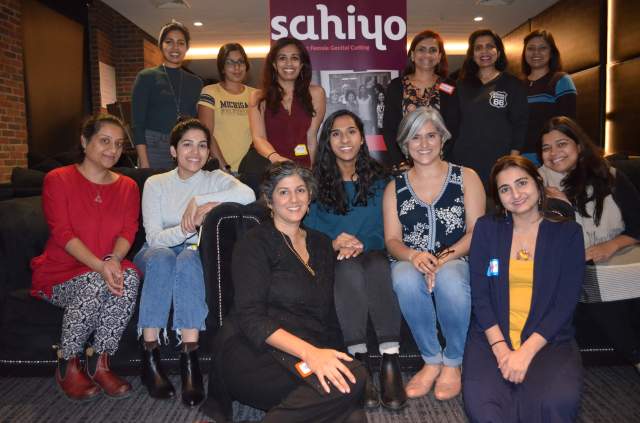
By Rashida Rangwala In March 2019, I attended my second Sahiyo Activist Retreat. For me it was an occasion to meet friends I had made last year at the 2018 retreat, share the progress I had made as an activist over the course of the past year, and demonstrate how much the first retreat had helped me in achieving that progress. My anti-female genital mutilation/cutting (FGM/C) activism has involved talking to reporters and young students ranging in age from high schoolers to college students about the practice of FGM/C in the Bohra community. I have also counseled and educated young mothers and girls on FGM/C and its harmful impact on the girl child. I learned at the retreat to take a step back, slow down and listen to the pro-FGM/C people. Don’t make them so angry that they won’t talk to you and you reach a zero communication status. Give them a fair hearing, educate them, dispel misconceptions, break—slowly, but surely—break whatever resistance they have and poke holes in their thinking process until it completely falls apart, until they think for themselves, “Oh, wait a minute, I think I’m not going to do it to my daughter.” Start talking to the mother early and make her strong with knowledge about the harmful impacts of the procedure, so that when her child is seven years old, she makes an informed decision. I spoke to a high school student that Sahiyo connected me with. She was writing a paper for her school project, interviewed me, and cried a little bit with me when I shared my story with her. I sent her pictures of myself to be used when she made her presentation. In the past, I would only give a name when I shared my story. But I realized that unless you have a picture to associate with the name, people can’t relate to your story on the same personal level. I’m now able to give my picture and have become more public when I share my story, something I didn’t do before the Sahiyo retreat because I was afraid to do so. Watch video here. Right at the beginning, on day one of the Sahiyo Retreat, I was happy to see that we had nearly doubled the number of anti-FGM/C activist participants attending the retreat from 11 in 2018 at the first retreat to 21 in 2019. This time around, I had the chance to become acquainted with women from ages 21-28 years old. Talking to them over the course of the 3-days was very insightful. What amazed me was how self aware these young girls were about FGM/C. For me, FGM/C was vague knowledge that was always there in the back of my brain, but these girls knew exactly what had happened to them and were so aware of its consequences and so vocal about sharing their stories and being against it. That was a big insight for me. Perhaps this generational change could be because of social media; it’s in the news. They do have that advantage, which my generation did not. They have more sources of information today. I was impressed with their courageous resolve to bring about change in thought in the Bohra community. To me, these young women were simply brave souls. Some of these young FGM/C survivors had opened up conversations with their mothers about performing the procedure on them. While others had yet to speak to their mothers about FGM/C, they were in the process of building up the stamina they needed to take up that challenging task. I had a chance to tell them, “Don’t delay it.” It’s too late for me. My mom passed away and I never got to talk to her. It was amazing to see the collaboration between generations of women at this year’s retreat. We are certainly making progress in creating awareness in our community about how harmful FGM/C is to the girl child and we are bringing about a change in the thought process of the new generation so that they will abandon FGM/C. I am looking forward to the 2020 retreat and how it will spread our message slowly, but organically, one activist at a time.
The Sahiyo Activist Retreat gave me insight on how to talk about FGM/C
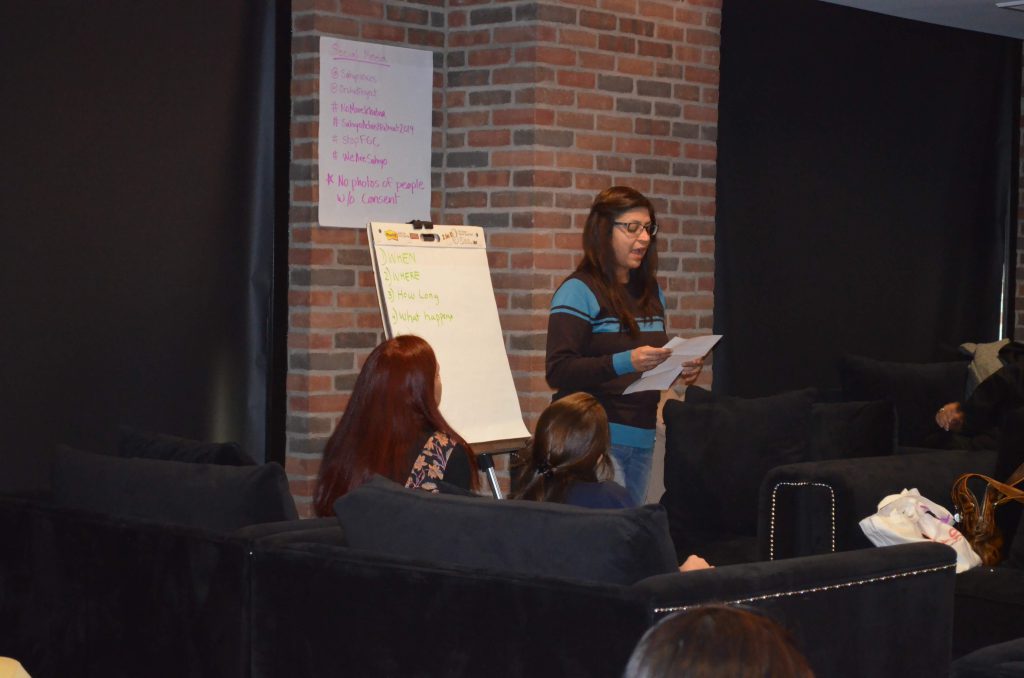
By Alifya Sulemanji Age: 45 Country of Residence: United States I was looking forward to attending the second Sahiyo Activist Retreat as it is a great platform to meet more women who are standing up for the abandonment of female genital mutilation/cutting (FGM/C). I was happy to meet women from different parts of the United States. It was a great experience to hear different views of women of all age groups. It is encouraging to see more and more women join every year. FGM/C has always been a very sensitive issue for me, as I had been through this atrocity myself and would never want another innocent child to go through it. As I mentioned in my prior post about the first retreat, I have a very vivid memory of being cut at the tender age of seven. It felt like my body was being violated. Even when I was just 7 years of age, I knew something wrong had been done to me as I was told that this thing was a dark secret I was not supposed to tell anyone about. As I grew up I found out that none of my other friends had this religious ritual done, and it confirmed that what had been done to me was wrong. In the past few years, I learned that many other women like me felt the same way. The Sahiyo Activist Retreat gave me insight into how I can talk to other pro-FGM/C people and how I can convey my thoughts on FGM/C to them in a positive way. Sahiyo has created a strong platform for women like me to come out and express their grief and opinions to create awareness.
